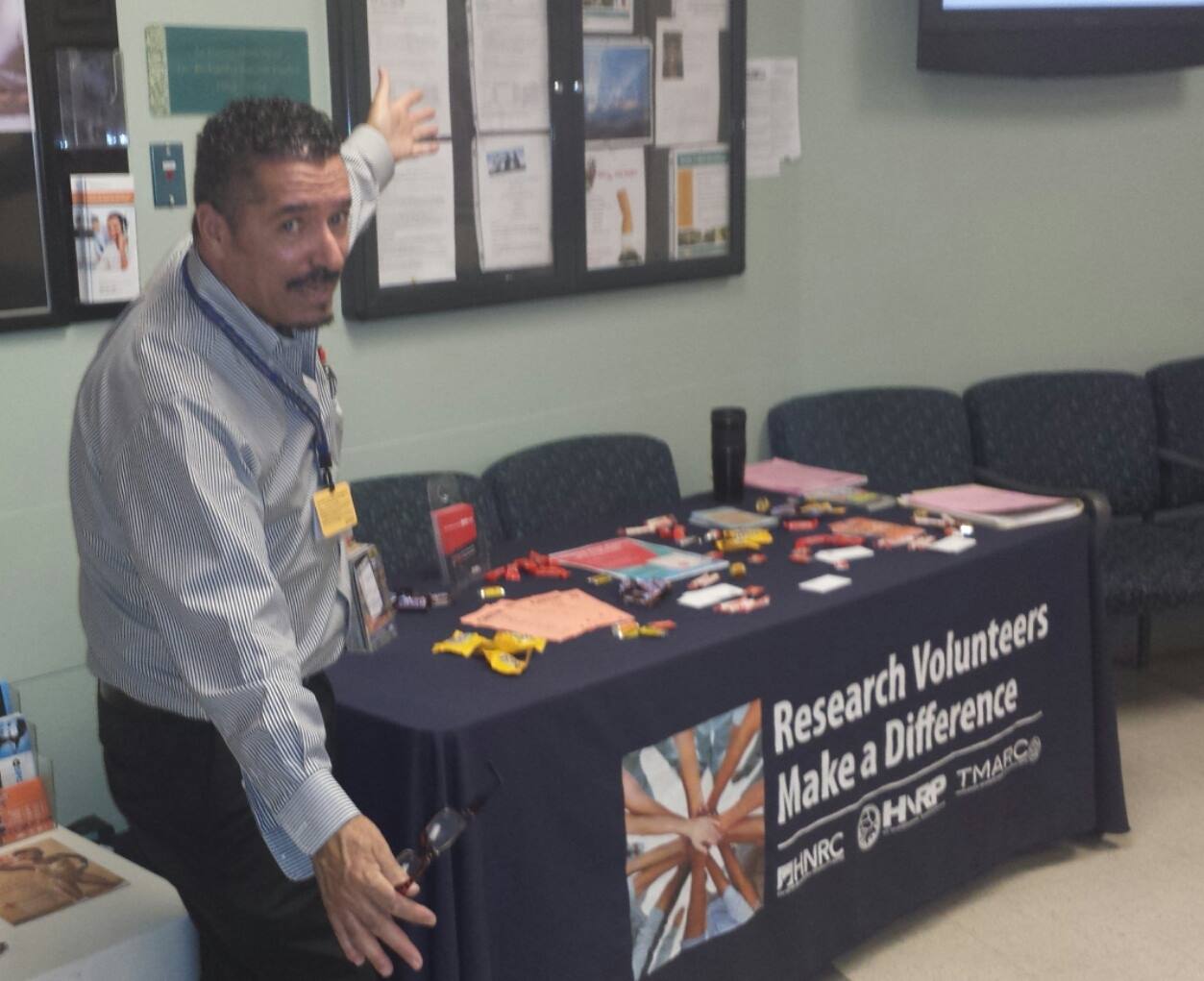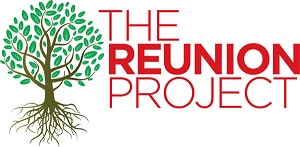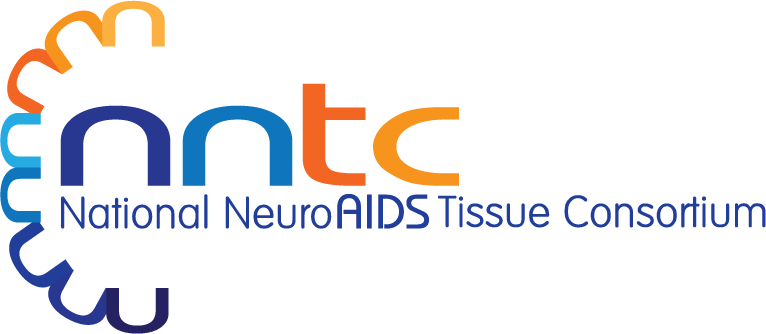New Study - Brain Amyloid and HAND in the cART Era
Dr. Cris Achim received a 5-year NIH grant to study a key pathway in the process of macrophage clearance of beta amyloid from the brain.
Beta-amyloid, if it accumulates, can clump together in the brain and block cell-to-cell signaling; a process also implicated in Alzheimer’s disease. There is evidence that pathogenic mechanisms leading to HIV-associated neurocognitive impairment in the era of combination antiretroviral therapy may be associated with accumulation of beta amyloid in the brain of aging long term survivors. Certain antiretroviral drugs have also been associated with damage to blood vessels in the brain; a process which may further limit the ability of brain macrophages to clear beta amyloid before it accumulates.
This new study will validate the diagnostic value of amyloid monitoring in clinical specimens in individuals with increased genetic risk for accumulation of beta amyloid and identify potential therapeutic targets implicated in amyloid clearance.
Welcome to the Newest CNTN Recruiter!
 Robert Bryan has joined the study participant recruiting team at the CNTN. He brings with him extensive experience in Substance Abuse and Mental Health Counseling. Robert has been active in the community serving on multiple committees dealing with a diverse range of issues including The Faith-Based Action Coalition, Recovery Happens San Diego, Project Homeless Connect, and The Association of Community Housing Solutions. His community service has contributed to his success in matching participants to our research studies. Besides his professional work ethic and experience, his genuine caring demeanor has already touched the lives of the participants as well as his fellow colleagues.
Robert Bryan has joined the study participant recruiting team at the CNTN. He brings with him extensive experience in Substance Abuse and Mental Health Counseling. Robert has been active in the community serving on multiple committees dealing with a diverse range of issues including The Faith-Based Action Coalition, Recovery Happens San Diego, Project Homeless Connect, and The Association of Community Housing Solutions. His community service has contributed to his success in matching participants to our research studies. Besides his professional work ethic and experience, his genuine caring demeanor has already touched the lives of the participants as well as his fellow colleagues.
CNTN Investigators Present at Reunion Project

CNTN researchers David J. Moore, Ph.D. and Ronald Ellis, M.D., Ph.D. recently spoke at a summit held in Palm Springs by The Reunion Project, a group composed of long-term survivors of HIV created to share their stories of loss and survival. Drs. Moore and Ellis presented findings on the combined impact of HIV and aging.
David Moore Quoted in “Insights on the Pathogenesis of Neurocognitive Impairments in the Era of Combined ART”
An article by Dr. Carole Chrvala covers the known complication of neurocognitive disorders associated with HIV infection and the possible consequences for the individual patient. As stated in the article consequences of neurocognitive disorder include reduced adherence to medical therapy, impaired ability to perform complex daily tasks, decreased quality of life, lost work productivity, increased risk of dementia, and higher rates of virologic failure.
Researchers Identify Key Mechanisms Underlying HIV-Associated Cognitive Disorders
While antiretroviral therapies have significantly improved and extended the lives of many HIV patients, another insidious and little discussed threat looms for aging sufferers – HIV-associated neurocognitive disorders (HAND). The disorders, which strike more often in HIV patients over age 50, can result in cognitive impairment, mild to severe, making everyday tasks a challenge.
But new findings, published today by researchers at the University of California, San Diego School of Medicine, open the door to the development of new therapies to block or decrease cognitive decline due to HAND, estimated to affect 10 to 50 percent of aging HIV sufferers to some degree.
Click Here to read the full article.
Page 2 of 4



